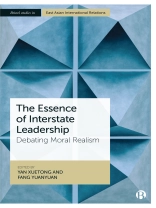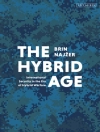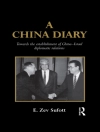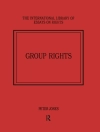Bringing together eminent International Relations (IR) scholars from China and the West, this book examines moral realism from a range of different perspectives. Through its analyses, it verifies the robustness of moral realism in IR theory.
The first section of the book is written by Chinese scholars and dedicated to debates about how moral realism relates to traditional schools of IR theory. The latter portion, provided by Western contributors, critically investigates both the universal and practical values of moral realism. Finally, Yan Xuetong concludes by responding constructively to all criticisms and further exploring the nature and characteristics of interstate leadership in moral realism.
Tabla de materias
1. Interstate Leadership, Moral Realism, and Its Critiques – Yan Xuetong and Fang Yuanyuan
2. IR Moral Realism as A Universal Theory – Yan Xuetong
3. Moral Realism as An Alternative Approach to Agent-Structure Problem – Fang Yuanyuan
4. Prospects, Promise, and Limitations of Moral Realism – Wang Qingxin
5. Ideal Morality and Realist Interest of Moral Realism – Kai He
6. The Conception of Morality in Moral Realism – Feng Zhang
7. Moral Realism and Hegemonic Transition – Athanasios Platias and Vasilis Trigkas
8. Innovation of Moral Realism and Dialogue with It – Mario Telò
9. Moral Realism and Sino-American Relations – Deborah Welch Larson
10. Moral Realism on Interstate Leadership in Response to Critics – Yan Xuetong
Appendix 1: Pen Discussion Between Rajesh Rajagopalan and Yan Xuetong
Appendix 2: “Chinese School” as An Inappropriate Title
Sobre el autor
Fang Yuanyuan is Associate Professor in the Department of International Relations at Tsinghua University.












